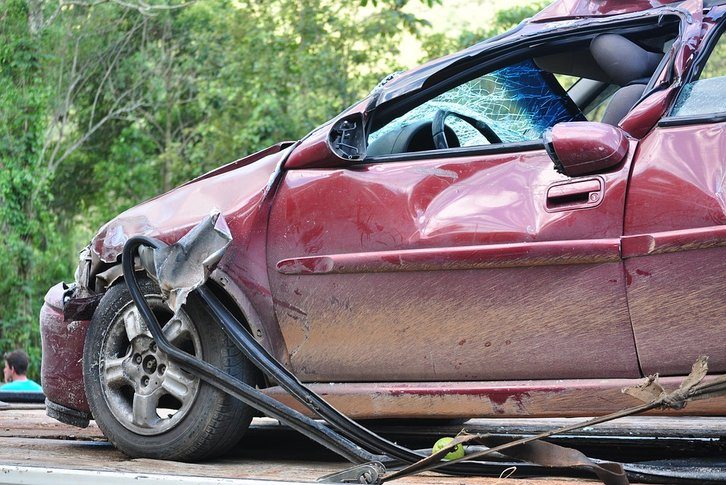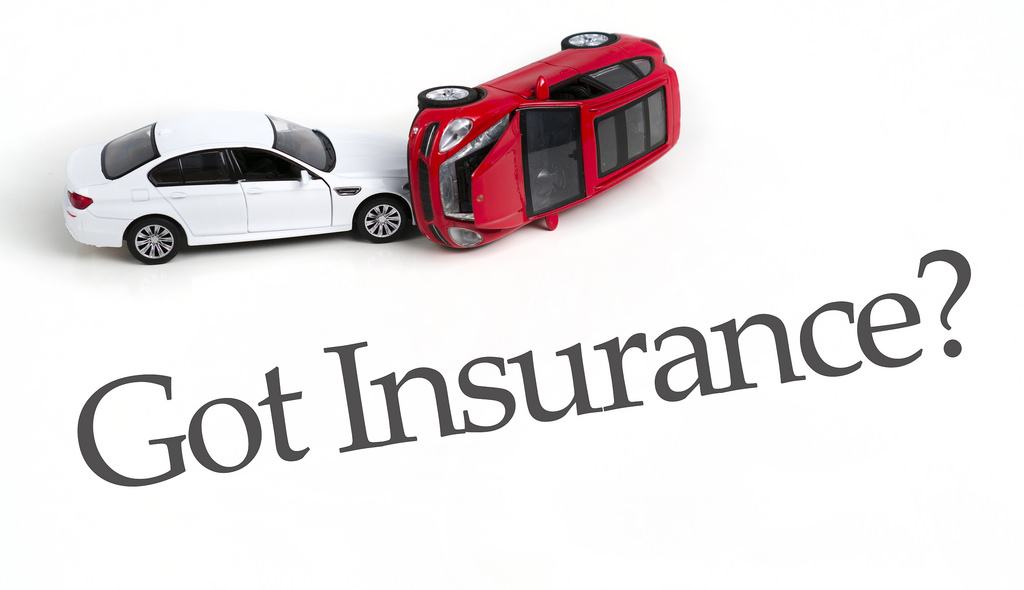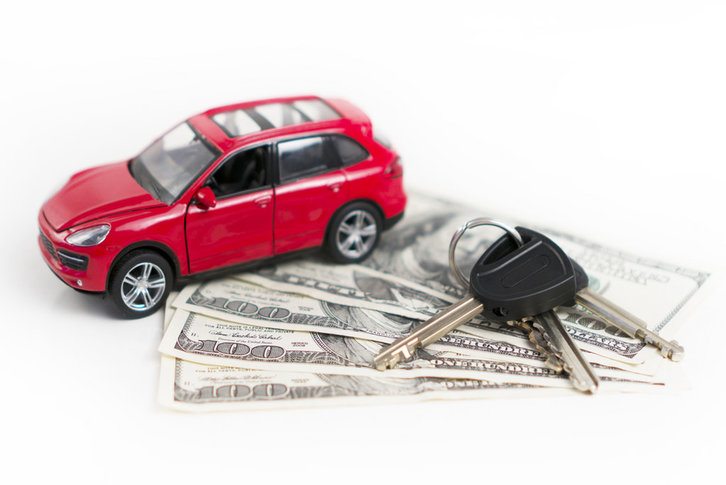Having your vehicle totaled after an accident can be an arduous experience.
If this unfortunate incident happens to you, it is important to tread with caution and get things done.
Here's what you need to do if your insurance company totals your vehicle, and what you can do before such an incident to help you out in the long run.
Buy Gap Insurance
Gap insurance fills the gap between the car's determined value and the amount of money owed to the finance company. For example, if you total a financed car with $10,000 owed on it, and the finance company decides that it is worth $6,000, then gap insurance will pay most of that $4,000 gap between the car's value and the amount of money owed on it.
It is worth paying the extra money instead of being hung out to dry and needing to continue to pay the car off, depending on the size of the loan against your vehicle. It will save you a lot of heartache in the long run!
Know your Vehicle's True Market Value (TMV)
It is always important to know the true market value of your car. Insurance write-offs are supposed to be effectively the market value of your car, in good condition, before an accident had occurred. Be prepared for your insurance company to low ball you regarding paying out. Insurance companies do not like paying out to their customers, and they do so sparingly at that.
Decide to Keep or Sell the Car
Depending on the car, you may prefer to keep it and repair it instead of selling it off to the insurance company. You have to bear in mind that you will never see back any of the money spent on repairs. Cars with dirty histories sell for significantly less than cars with clean histories. And, while you may be able to avoid a salvage or rebuilt title, the accident still shows up on your history report as a reported total loss, which will shy away any intelligent buyer.
Most people take the payout and sell the car to the insurance company. It is significantly less bothersome, though a tad arduous. It is best to take the payout (provided that it is in line with the car's true market value) and go and buy yourself a new car. Cars with damage histories are hard to sell, no matter what you price them at.
NEXT: 4 COOL NEW THINGS ABOUT THE FORD F-150 RAPTOR






